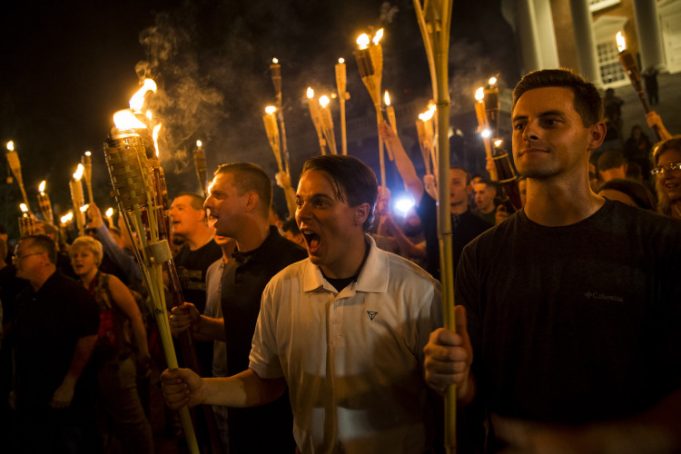After World War I, the scholar and civil rights activist W.E.B. Du Bois wrote “Returning Soldiers,” an editorial in 1919 regarding the struggles faced by African-American men returning to the United States. A passage of particular note said:
“We stand again to look America squarely in the face and call a spade a spade. We sing: This country of ours, despite all its better souls have done and dreamed, is yet a shameful land.”

We have, again, been reminded of that shame. The recent events in Charlottesville, VA, spurred by the actions of White Nationalists groups, have stoked the embers of racism and bigotry woven into the fabric of this nation’s tumultuous beginnings. Like ashes, civil unrest can be fully emblazoned when the flames of racial division and intolerance are fanned or ignored by elected officials. Whether to advance personal ideologies, protect legislative seats, or continue political partisanship, far too many legislators have played with psychological fire. In using racially charged rhetoric, pursuing policies to disenfranchise, or a complicit silence, we have seen racial divisions exploited at every level of government.
The unrest in Charlottesville represents a void in leadership, at both the national and state levels. Like many, I was frustrated by the initial response, or lack thereof, of President Trump. His statements were slow in coming and far too weak given the magnitude of the tragedy unfolding on his watch. As a car driven by a self-proclaimed Nazi sympathizer mowed down counter-protestors, injuring 19 people and killing one young woman, Trump could not bring himself to identify the organizers of this rally as “white supremacists” or say the word “racists.’ In fact, it took the president three full days to begrudgingly and publicly use those words to condemn this act. Yet, we have example after example of how descriptive and direct the President can be in expressing his contempt, disdain or objections to anything or anyone else he finds offensive. Trump’s language on these groups should have been concise and clear.
The KKK and neo-Nazis are hate groups. Free speech does not protect hate speech. Anti-Semitic slogans shouted during the rally were hate speech. Violence is not an expression of your 1st amendment right. Hitting protestors with your car is an act of domestic terrorism.
To call these acts anything less is irresponsible. Those in leadership should question their refusal to “call a spade a spade.” Elected officials must ask themselves what role they have played in perpetuating a climate that promotes racial, social, or class division in the United States. When Americans are pitted against one another to disguise ineffective policies around job creation, educational opportunities, and affordable access to healthcare, exactly who benefits?
Nelson Mandela once said, “No one is born hating another person because of the color of his skin or his background or his religion … people must learn to hate.”
We have the ability to counter hate, but we can’t do that by ignoring it, justifying it, or calling it by a different name. It’s a spade.










